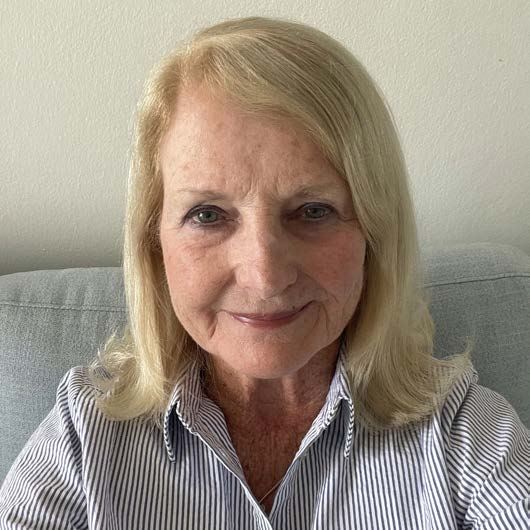ACCESS - Current Edition - EditorialAccess, Vol. 37, Issue 1, 2023, pp. 3-4. 
Lee FitzGerald, Editor Welcome to ACCESS issue 1, Volume 37 – March issue. It's not long till the ASLA Biennial Conference, and this issue of ACCESS reflects that. The theme is School Libraries: Navigating the Future. It will be held at the Twin Towns Conference and Function Centre in Tweed Heads, 20-22 April, 2023. Register to attend at this address: https://asla.org.au/event-4955987 Conference streams are: Literacy and the role of the school library; Thinking beyond the shelves – Dynamic spaces; Key skills for future learning; and Key stakeholders and support staff in school libraries. Keynote speakers are Lee Crockett, Dr. Margaret Merga and Matt Ottley. ASLA’s biennial conferences provide a wonderful opportunity for Teacher Librarians (TLs) to network in beautiful places! What could be better? This issue has emphasis on Advocacy, in the regular Spotlight on Students Need School Libraries, from Holly Godfree, who is the national coordinator of this campaign. Kay Oddone writes about raising the profile of the school library through evidence-base practice. There is a focus on Inquiry learning and the Information Fluency Framework (IFF) in the articles from Amber Sorensen, Darryl Toerien of the Framework of Skills for Inquiry Learning (FOSIL) fame, and Alinda Sheerman and me. This emphasis on the IFF reflects the work being done here in NSW, and overseas, to broaden notions of information literacy and to provide a scope and sequence to allow teacher librarians to demonstrate achievement of student outcomes through their endeavours. Does anyone reckon it’s about time?! I certainly do. Amber Sorensen’s article is about a whole school approach to implementing the IFF. Amber was part of the team of NSW DET TLs who worked on the development of the IFF. She saw in IFF an opportunity to embed information fluency skills in a consistent and equitable way in her school. Her focus is the long-term development of online materials in Canvas which will teach information fluency skills for which students gain micro-credentials, beginning with the Ethical strand of IFF, with a focus on referencing, in Stages 4-6. Darryl Toerien’s article is about establishing and making concrete the role of the school librarians and the school library in his new school, Blancheland College, in Guernsey, UK. The school’s somewhat magical focus is the Hero’s Journey and Darryl’s vision is Heroic Inquiry. The article is a call to arms: Do Not Block the Way to Inquiry! It describes and illustrates his first year in the college, and the embedding of FOSIL and the Empire State Information Fluency Continuum (ESIFC) into the school. You will read about the structured way in which inquiry projects, framed in FOSIL steps and linked to ESIFC, are delivered at critical points of students’ journey through the school. The links to FOSIL resources are many, and it’s one of the delights of FOSIL and also IFF that the resources are all public-facing, and copyright free. Alinda Sheerman’s and my article – IFF and FOSIL: Two sides of the same coin? – is an attempt to map the steps of FOSIL to the IFF, with the purpose of finding out if strategic inquiry units, such as those implemented at Blancheland College, are an approach to IFF that allows coverage of many IFF elements simultaneously. This article is part of the collaborative way materials about IFF are developing and being shared. Alinda Sheerman describes the process she is undergoing at her school, Broughton Anglican College, to introduce FOSIL (instead of Guided Inquiry Design) in her school, at strategic points, with elements of IFF used as a point of assessment. Finally, In Literature and reading, we have an article from Dr. Margaret Merga, which links the power of reading to fluency in Science and Mathematics, as well as promoting her 2023 book, Creating an Australian School Literacy Policy. This issue concludes with some reviews of books suitable for neurodivergent children in primary school written by Deb Wilkes, the very talented desktop publisher of ACCESS. Please note that the ASLA awards nominations deadline has been extended to March 10th. They are:
Principals, professional colleagues and members of the school community are encouraged to nominate their Teacher Librarian for this award. We know there are outstanding TL practitioners in all three of these categories. I hope you enjoy this issue. Lee FitzGerald Reference Merga, M.K. (2023). Creating an Australian school literacy policy. Hawker Brownlow Education. | Upcoming events
|

